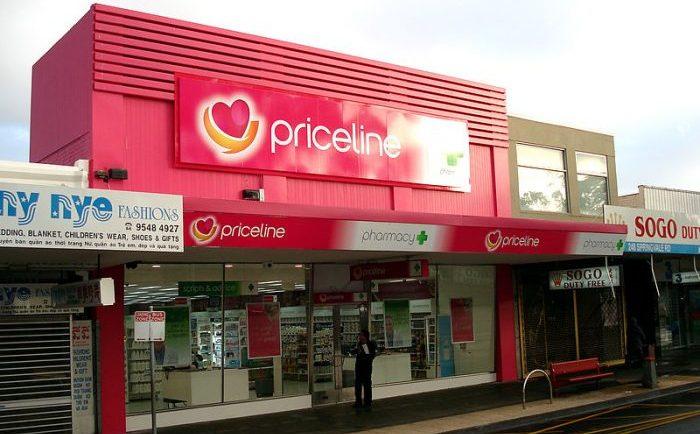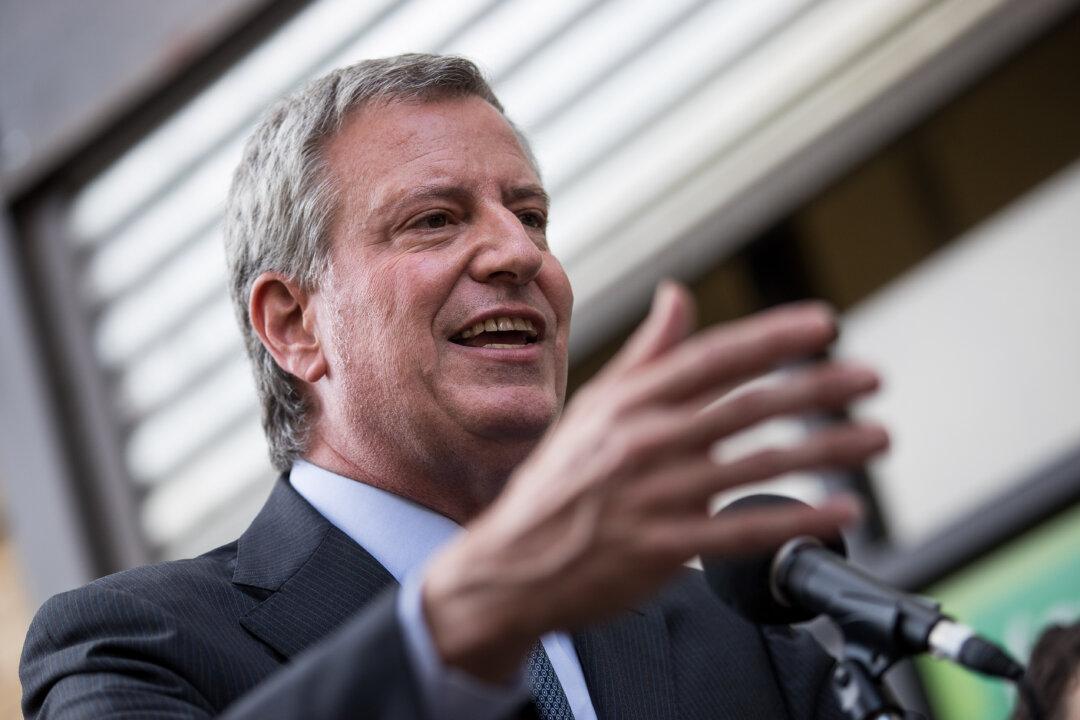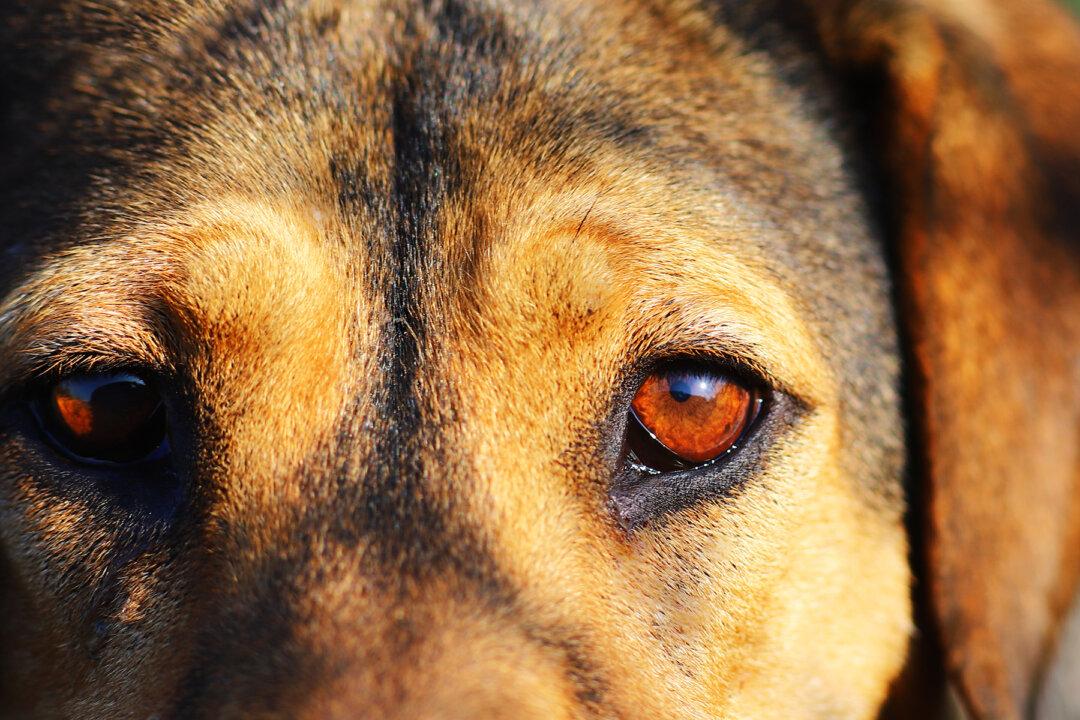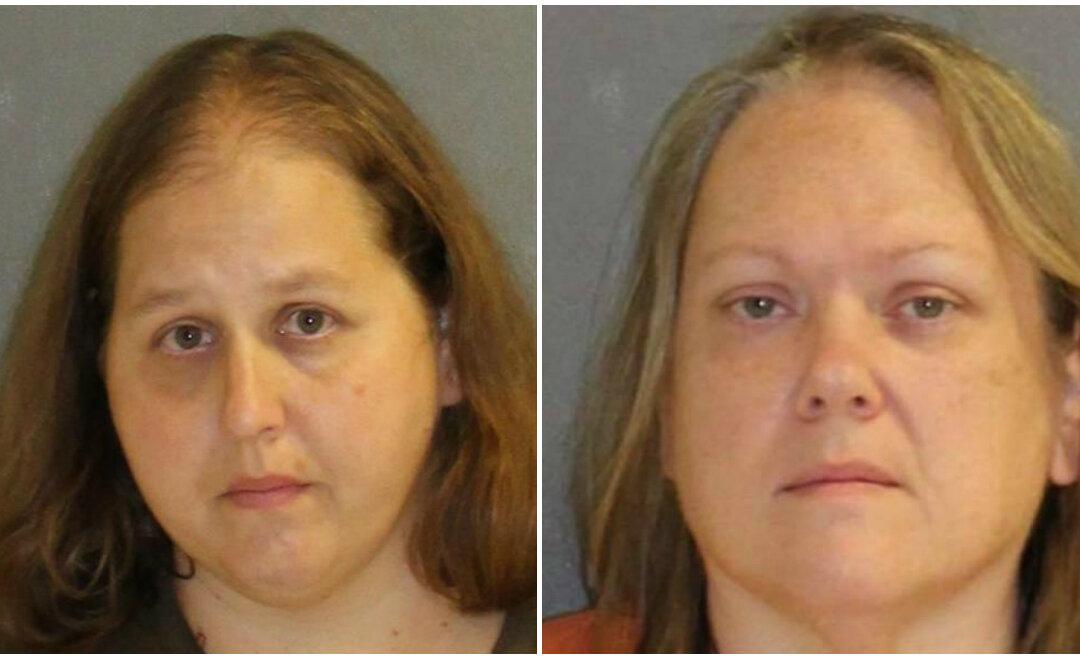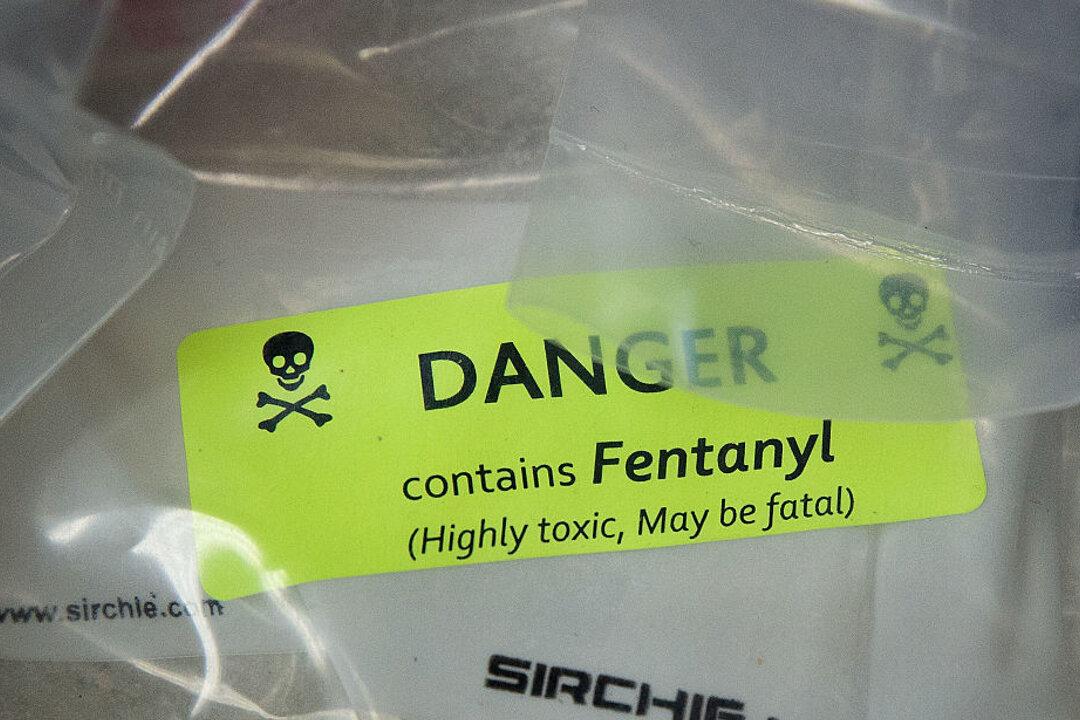States and territories have agreed to remove the 10 percent tax on female sanitary products during the Australian Treasurers’ meeting on Oct. 3.
The complete list of products has not yet been finalised since there are many to take into account. The GST is expected to be removed by January 2019.
